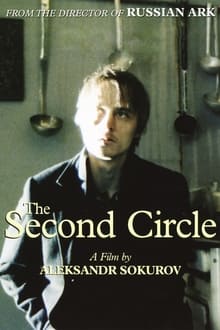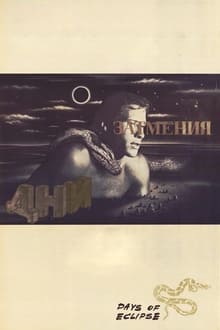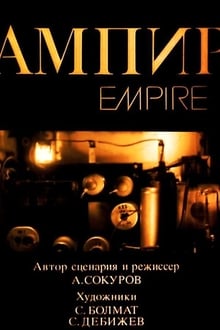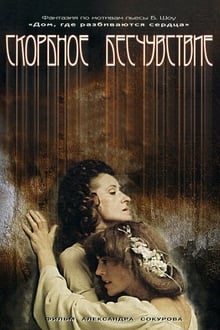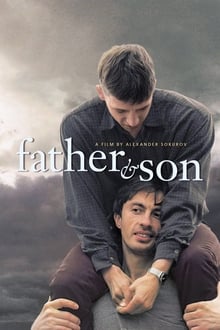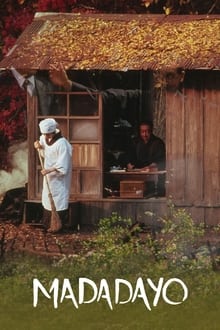A man tries to come to terms with his father's death and to deal with the mundane details of his burial in a society cut off from spirituality.
This bleak late soviet-era drama follows the career of Malyanov, a young medical school graduate who has been sent to work in Turkmenia. Here he runs into a hodge-podge of people of differing ethnicities, all of them victims of the government's earlier mania for relocating and eliminating whole ethnic groups and classes of people. These desperately unhappy people are unable to find any pleasure in this diverse companionship, but instead are antagonistic to it, and often resort to desperate measures in their doomed attempts to ease their pain.
A rich woman accidently comes across a conversation on the phone about people talking about a murder.
The action in this lavishly produced film takes place at an oddly ark-shaped mansion during World War I, and in spirit (although not in story) it reflects the play which inspired it, the ferociously antiwar Heartbreak House by George Bernard Shaw. A large group of family and friends have gathered at this country house to dance, drink, and converse. Their conversation, in particular, is adorned with erudite literary references and quotations. Despite their apparent refinement, their preoccupations are simple: sex and violence. Disquieting images break the tranquility of the vacationers' inappropriate idyll: some of these include documentary footage of starving African children, images (both real and re-enacted) of George Bernard Shaw going about his daily life, and a corpse coming to life on an autopsy table, only to cheapen that miracle by scolding a group of women. The music used in the film ironically points to its disturbing message and is uniformly anachronistic.
Set in the early 1920s after the end of the Russian Civil War, Red Army soldier Nikita returns to his hometown to see his partner Lyuba, both of whom are scarred by the trauma of the Russian Empire of yesteryear.
Um pai e seu filho, Aleksei, moram juntos em um apartamento no topo de um telhado em uma cidade à beira-mar não identificada. O Pai é um veterano e Aleksei freqüenta a escola militar para estudar medicina. Eles viveram sozinhos por anos em seu próprio mundo privado. Às vezes eles parecem irmãos. Às vezes, até mesmo como amantes. Apesar de saber que todos os filhos devem viver um dia suas próprias vidas, Aleksei está em conflito. O pai sabe que ele deveria aceitar um trabalho melhor em outra cidade, talvez procure uma nova esposa.
Considerado um dos melhores diretores de todos os tempos, Akira Kurosawa encerra suas realizações cinematográficas com esta obra-prima perfeita, Madadayo. O filme segue as duas últimas décadas de Hyakken Uchida, um escritor e professor que se aposenta nos anos da guerra, no início dos anos 40. Seus alunos o veneram e todos os anos fazem um ritual de aniversário chamado “Mahda-kai? (Está pronto?)” para que Uchida beba um grande copo de cerveja e responda “Madadayo! (Ainda não!)”, reconhecendo que a morte pode estar próxima, mas que a vida continua. (e 10 - Estimado 10 Anos)
If you'd like to have a copy of this list exported to a CSV, click the "Export" button below. We will create the export and send it to you via email. Depending on the size of your list, this can take a few minutes to complete.
